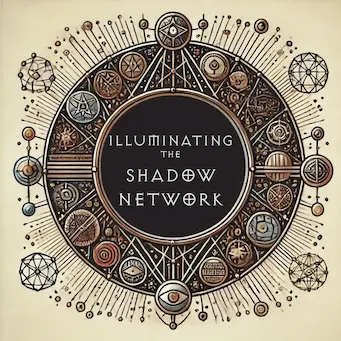Michael Burley
Role: Contributor
Position: Associate Professor of Religion and Philosophy at the University of Leeds
Background:
Michael Burley is an Associate Professor of Religion and Philosophy at the University of Leeds, where he serves as the Deputy Head of the School of Philosophy, Religion, and History of Science. His research interests include the philosophy of religion, ethics, and Indian philosophies, with a particular focus on cross-cultural philosophy of religion. Burley has published extensively on topics such as religious pluralism, reincarnation, and the intersection of philosophy and religion. He is also the Co-Director of the Centre for Philosophy of Religion at Leeds and has a significant academic background that includes a BA from the University of Essex, an MA in Indian philosophy from the University of Nottingham, and a PhD from the University of Bristol. His work is influenced by thinkers like Ludwig Wittgenstein and D. Z. Phillips, and he has developed a methodological approach that combines philosophy with cultural anthropology.
Relation to Trump:
Michael Burley does not have any known direct connection to the Trump administration. His work is academic and theoretical, focusing on philosophical and religious issues rather than political or policy matters. There is no indication that his research or academic activities intersect with the Trump administration’s policies or political agenda.
Scandals or Controversies:
Michael Burley has not been involved in any personal scandals. His academic career has been focused on research and teaching in the fields of philosophy and religion. While his work may engage with complex and sometimes controversial topics, such as religious pluralism and ethics, there are no notable controversies directly associated with him.
Potential Concerns:
As an academic specializing in the philosophy of religion and ethics, Burley’s work involves engaging with topics that can be contentious, such as religious diversity and ethical debates. His methodological approach, which emphasizes understanding religious practices and beliefs within their cultural contexts, may attract criticism from those with differing perspectives on these deeply held beliefs and philosophical viewpoints.


